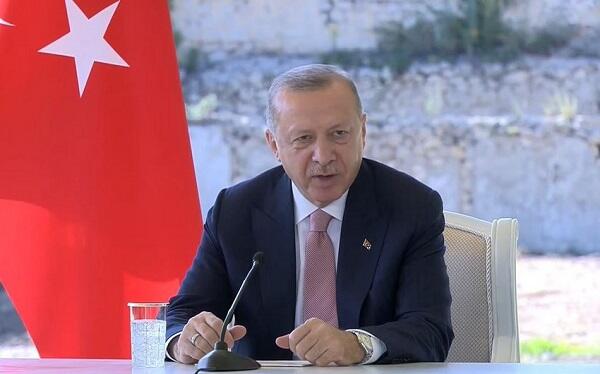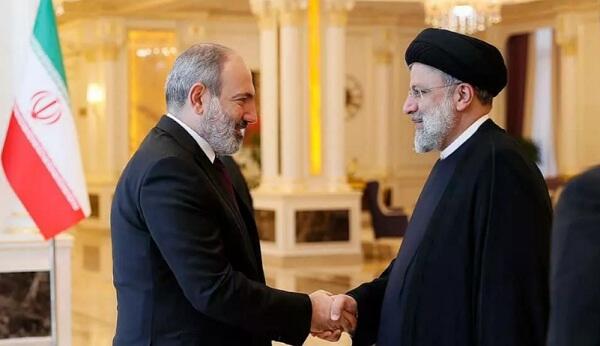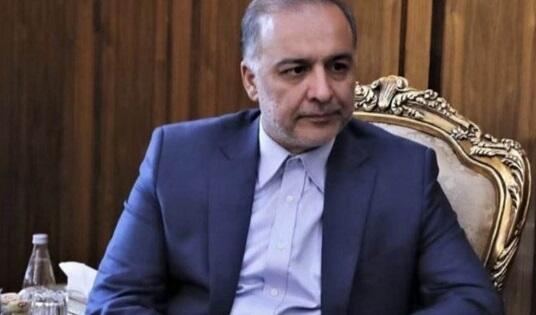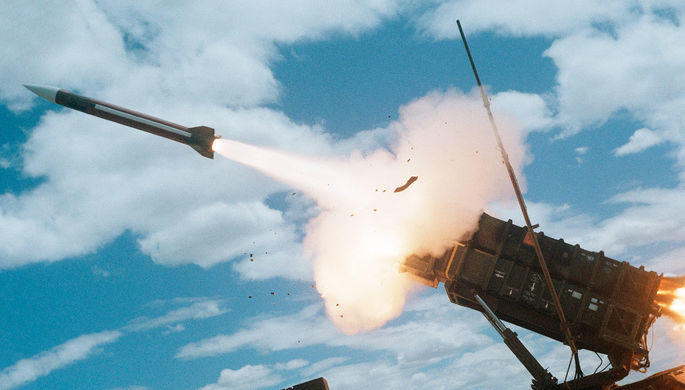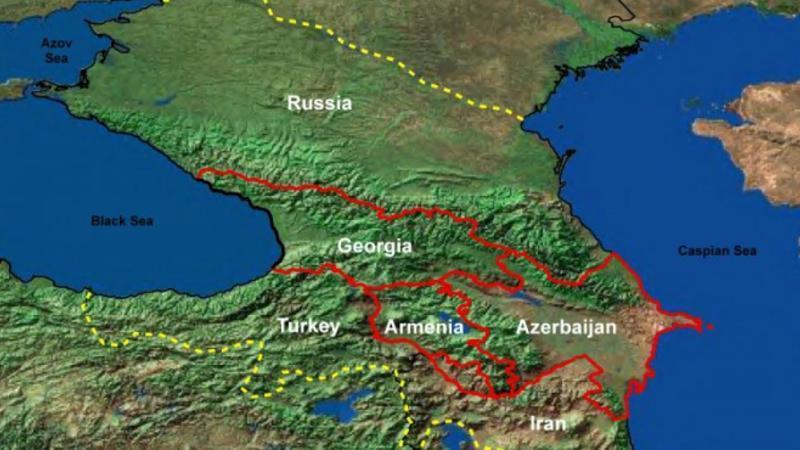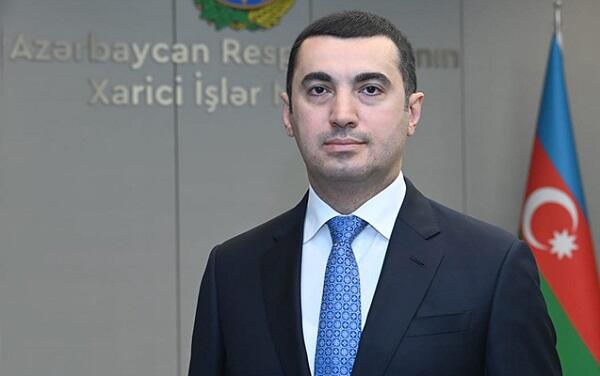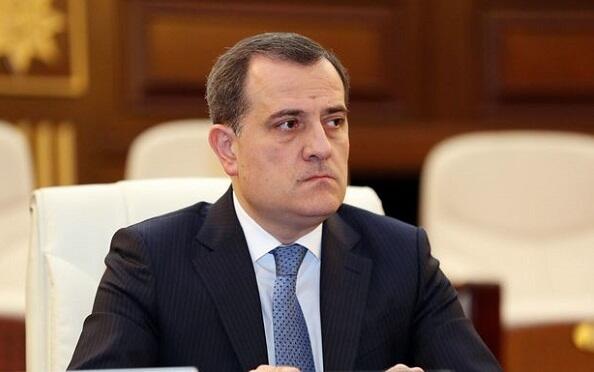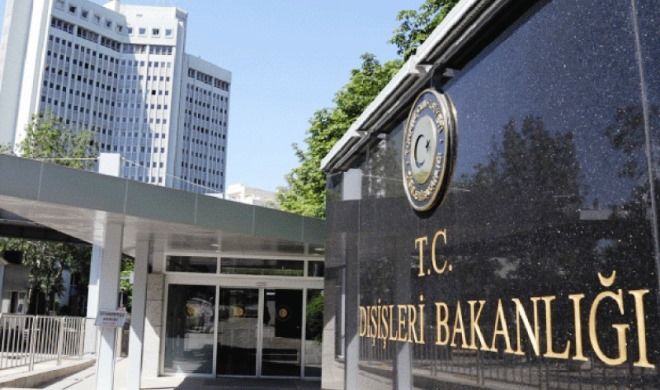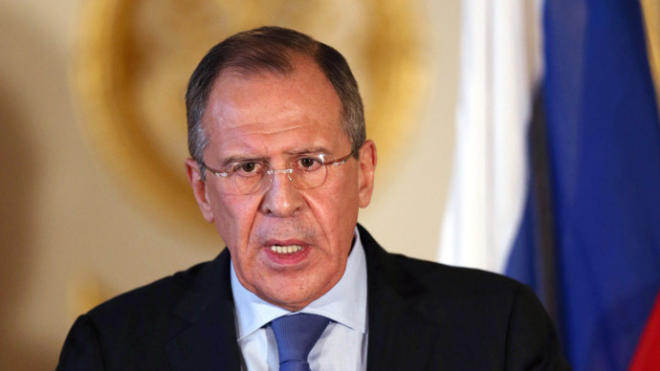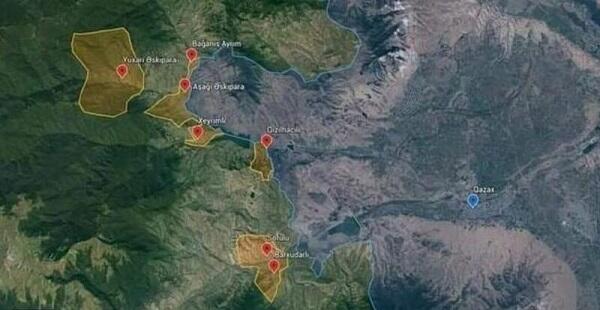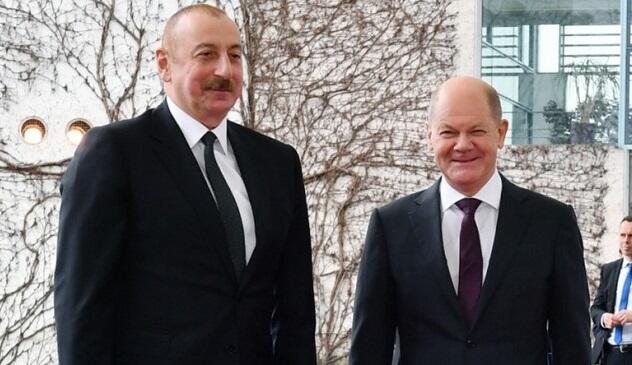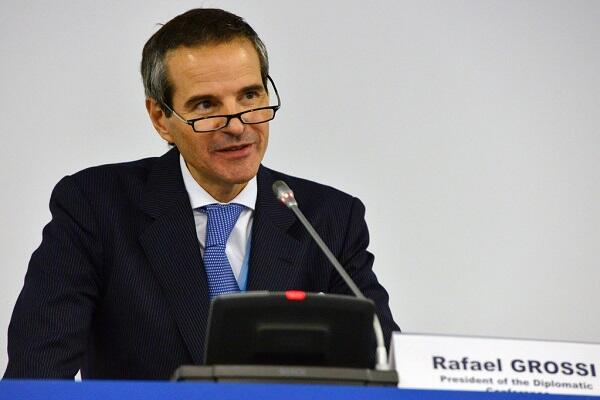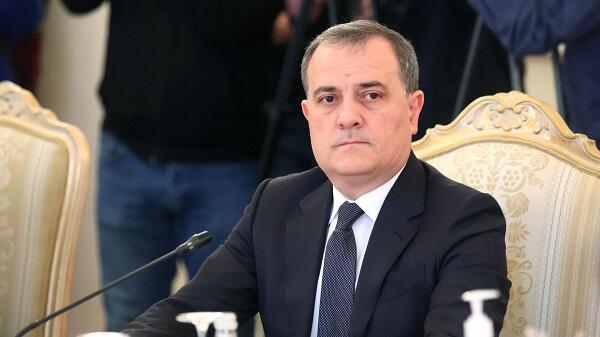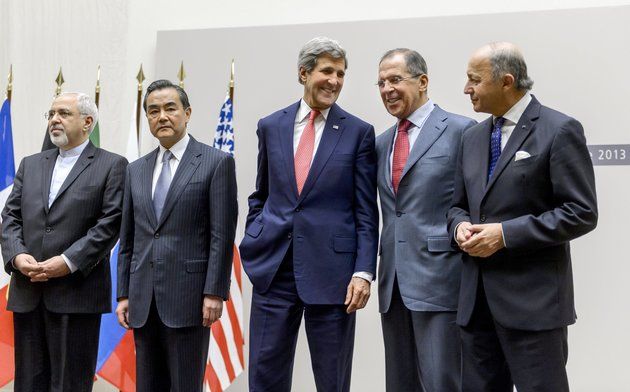The fate of the Iran nuclear agreement will be in
question once President-elect Donald Trump, who has offered
contradictory positions on the deal, enters the White
House.
The future commander in chief, who has said he likes to be
unpredictable, has variously promised to scrap the agreement
entirely, renegotiate a better deal more favorable to the U.S. and
vigorously enforce the current agreement. Sometimes he vows to
enact two opposing policies in the same speech.
It’s anyone’s guess what Trump will actually do once his term
starts, but there’s reason to believe he won’t immediately sabotage
the nuclear accord. During the Republican primary race, most of
Trump’s opponents said they’d tear up the deal on their first day
in office. Trump, at one point, gave a slightly more nuanced
approach, acknowledging the limited effect sanctions against Iran
would have without buy-in from international partners.
"I know it would be very popular for me to do what a couple of
‘em said — ‘we’re gonna rip it up,’" Trump said in September of
last year. "Iran is going to be an absolute terror, and it’s
horrible that we have to live with it. Nevertheless, we have a
contract. We’ve lost the power of sanctions because all of these
other folks, all of these other countries that were with us, are
gone now."
Even when Trump takes a more hawkish tone on it, the nuclear
deal doesn’t appear to be one of his top priorities. He speaks more
often, for example, of repairing ties with Russia, one of the seven
countries involved in negotiating the landmark agreement. But
former State Department officials who worked on the nuclear accord
worry that the fragile deal is at risk of collapsing under Trump
even if he doesn’t actively pull out of it. Keeping it intact, they
say, will take proactive effort from the next administration.
The sanctions relief provided to Iran as part of the deal needs
to be renewed every 120 to 180 days, which means Trump will need to
actively enforce the agreement within his first few months in
office, wrote Richard Nephew in a paper published by the Columbia
Center for Global Energy Policy. It’s possible, said Nephew, who
coordinated Iran sanctions policy when he was at the State
Department, that Trump would withhold sanctions relief and use the
leverage as part of his push to renegotiate the deal. That could be
a nonstarter in Iran, where President Hassan Rouhani is up for
re-election next year.
There are other, less tangible, steps that the Obama
administration has taken to keep the nuclear agreement alive over
the past year and a half. Cognizant of the fact that the deal will
only work if Iran feels economic relief, Secretary of State John
Kerry has publicly assured European companies that it is safe to do
business with Iran even while U.S. sanctions remain in place.
Tehran already feels that the U.S. should be doing more to reassure
European businesses ― and it’s hard to imagine former Speaker of
the House Newt Gingrich Newt Gingrich, reportedly a contender to be
Trump’s secretary of state, taking steps to encourage investment in
Iran.
"If it’s just left to relatively powerless bureaucrats with no
support from the top to make tough decisions on how to encourage
trade with Iran and makes sure it gets the economic benefits the
U.S. committed to, then over time the deal will die," predicted
Ilan Goldenberg, a former Iran adviser at the Pentagon.
A Trump administration is also less likely to block the
Republican-controlled Congress from passing legislation that could
undermine the nuclear deal and prompt Iran to walk away. Ever since
the Republicans failed to kill the agreement last year, lawmakers
have been floating additional sanctions against Iran, arguing that
the deal gives the U.S. the right to punish Iran for non-nuclear
issues.
While the Obama administration has used its executive authority
earlier this year to enact new sanctions related to Iran’s
ballistic missile program, it has also leaned heavily on
Congressional Democrats to block sanctions that could be perceived
as violating the intent of the nuclear agreement. The combination
of a Trump administration and incoming Senate Minority Leader Chuck
Schumer (D-N.Y.), who voted against the nuclear accord, means it
would be easier for Republicans to weaken or kill the agreement
through new legislation. (Since the agreement has gone into effect,
Schumer hasn’t attempted to undermine it and has no plans to do so,
a Senate Democratic aide said.)
The most worrisome scenario, former government officials say, is
how Trump would react if he believes Iran violates the deal. "It’s
a question of what happens next time the Iranians mess around on
the margins or do something like inadvertently (or on purpose) have
too much [low enriched uranium] in stock," Goldenberg wrote in an
email. So far, minor disputes like these have been resolved by an
international board established for that purpose, he said. Will a
Trump administration continue to do so, he wondered, "or will it
quickly escalate to an international crisis?"


